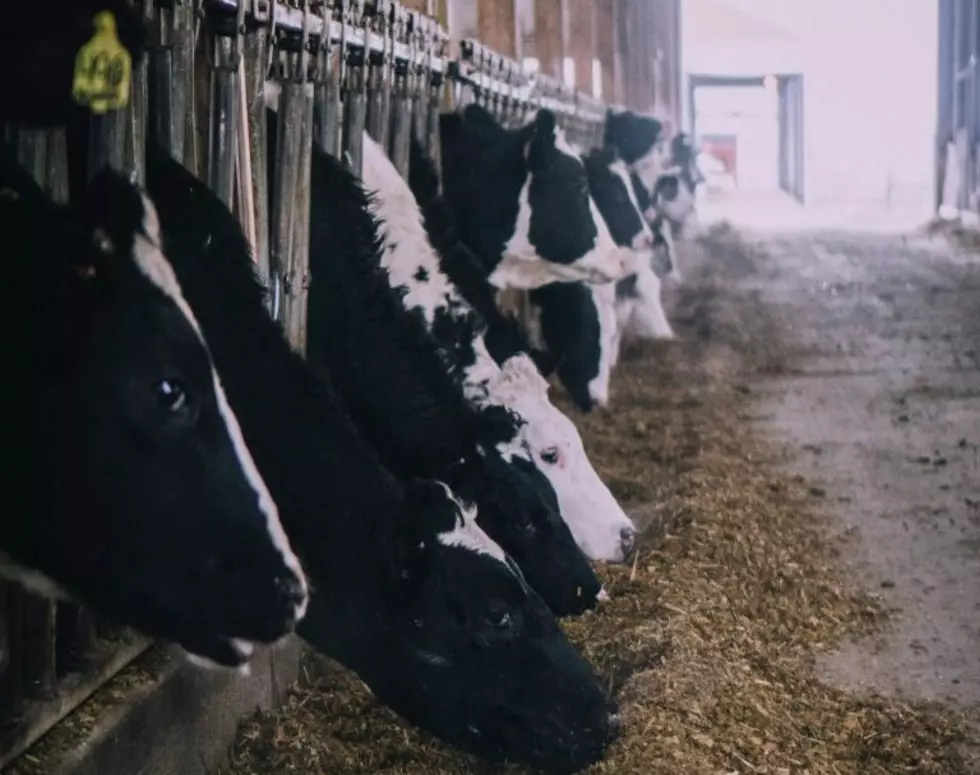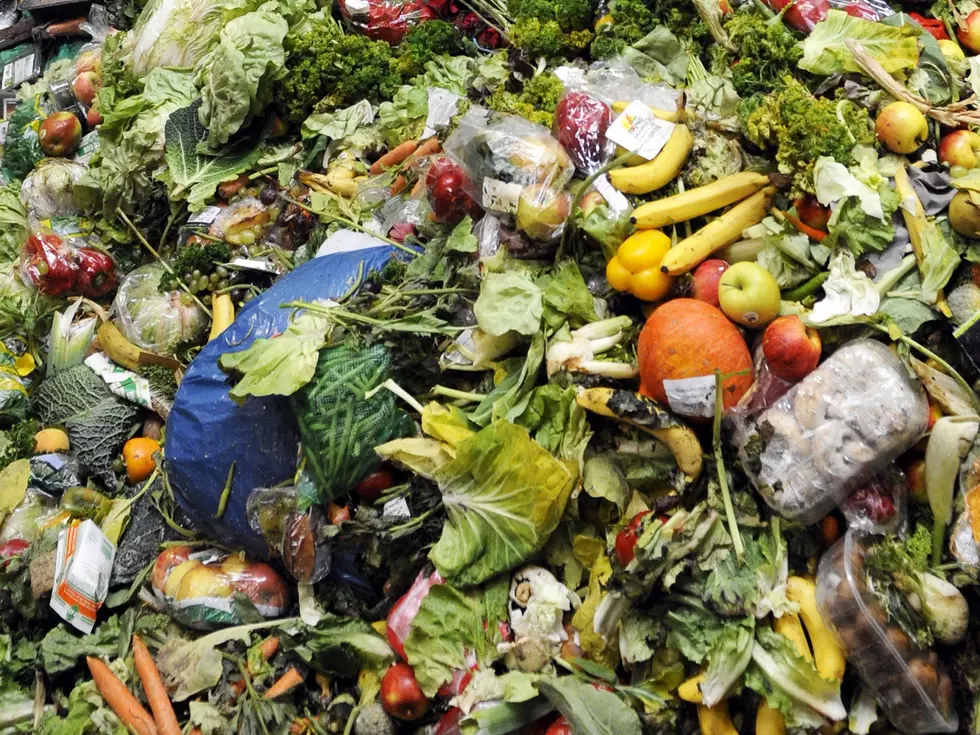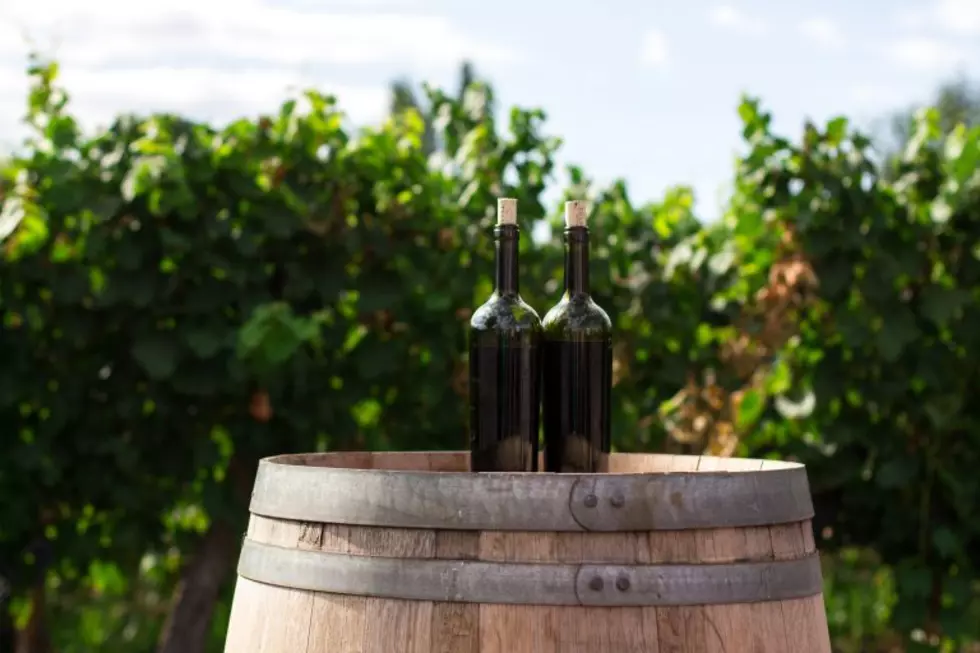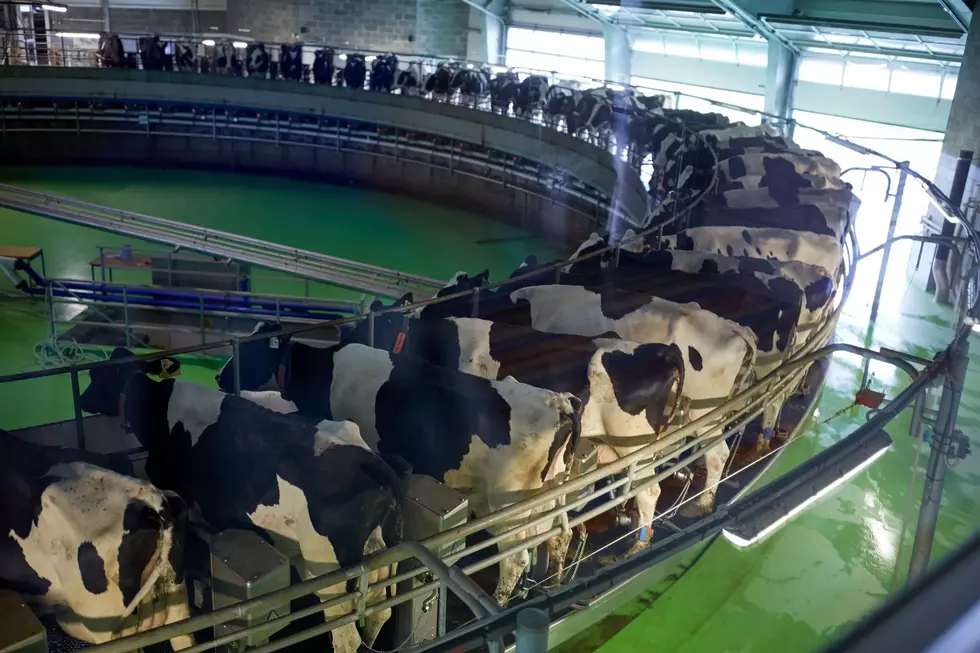
Wheat Growers Being Warned About Buckwheat
Washington State University is cautioning wheat growers to watch out for buckwheat. WSU noted Wednesday that some importers of U.S. wheat are enforcing a near-zero tolerance of buckwheat in wheat shipments. That means care needs to be taken to control buckwheat specifically when buckwheat is in the crop rotation.
A recent study that focused on irrigated spring wheat near Pasco pointed out that non herbicide treatment eliminated buckwheat seed contamination of wheat grain. The study concluded growers should consider not planting wheat, for at least one, or possibly two years following buckwheat harvest.
Here are highlights of a recent study on irrigated spring wheat near Pasco.
- "Irrigated studies included both early postemergence herbicide applications and late postemergence applications, the latter of which were applied with a sprayer designed to simulate application via chemigation."
- "With irrigation, visible control of buckwheat averaged 95% when an early postemergence herbicide application was made followed by a late postemergence herbicide application at the boot stage, but averaged 84% control when only an early postemergence application was made."
- "No herbicide treatment eliminated buckwheat seed contamination of wheat grain from the irrigated studies."
- CONCLUSION: Consider not planting wheat "for at least one or possibly two years following buckwheat harvest."
If you have a story idea for the Washington Ag Network, call (509) 547-1618, or e-mail gvaagen@cherrycreekradio.com
More From PNW Ag Network









